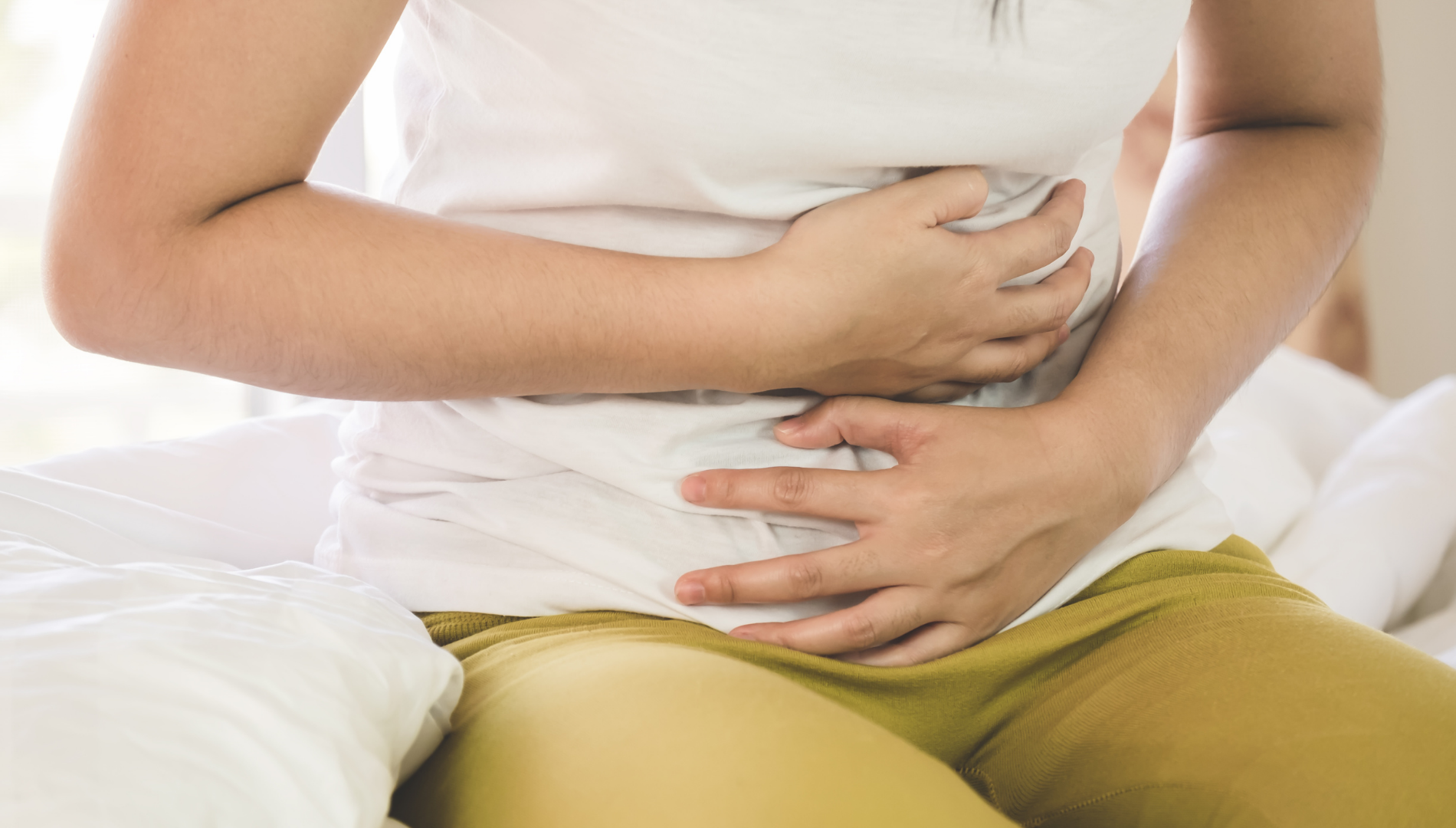Vulvovaginitis is a common gynaecological condition affecting millions of people worldwide. An inflammation or irritation of the vulva and vagina, it often results from an infection or various other factors. Whilst vulvovaginitis can occur at any age, it’s more prevalent in young people before puberty and those of a reproductive age. In this blog, we’ll delve into the symptoms, causes and treatment options for vulvovaginitis and shed some light on this important health issue.
What are symptoms of vulvovaginitis?
Vulvovaginitis symptoms can vary depending on the underlying cause, but some common signs to look out for include:
- Vaginal itching: A persistent and uncomfortable sensation, vaginal itching or irritation is one of the primary symptoms of vulvovaginitis.
- Vaginal discharge: You may experience a change in vaginal discharge, such as thicker or thinner consistency or the colour may range from clear to white, yellow or green.
- Redness & swelling: Inflammation of the vulva can lead to redness and swelling. You may notice the area appears to be more sensitive than usual and may feel warm to the touch.
- Pain or discomfort: People with vulvovaginitis may experience pain or discomfort during urination or sexual intercourse.
- Foul odour: In some cases, there may be an unpleasant odour associated with vaginal discharge. Find out more about why your vaginal discharge might smell.
What causes vulvovaginitis?
There’s numerous factors that can lead to vulvovaginitis, these include:
- Infections: Bacterial, fungal & viral infections are common culprits of vulvovaginitis. Candida albicans, the fungus responsible for thrush, is a frequent case.
- Poor hygiene: Inadequate or excessive hygiene practices can disrupt the natural balance of bacteria in the vaginal microbiome and lead to inflammation.
- Irritants: Exposure to irritants such as scented soaps, detergents, douches or synthetic materials used in underwear or period care can trigger vulvovaginitis irritation.
- Hormonal changes: Fluctuations in hormone levels during menstruation, pregnancy or menopause can increase the risk of developing vulvovaginitis.
- Sexually transmitted infections (STIs): Certain STIs, such as trichomoniasis, chlamydia or gonorrhoea, can cause inflammation to the vaginal area.
- Foreign objects: The insertion of foreign objects into the vagina, especially when young, can lead to irritation and infection.
How to treat vulvovaginitis
The correct treatment for vulvovaginitis depends on its underlying cause, so it’s important to seek medical advice to determine what’s caused it. Here’s some common approaches:
- Antifungal or antibiotic medications: Infections caused by bacteria or fungi may require prescription medications, such as antifungal creams or oral antibiotics.
- Topical steroids: For severe inflammation, doctors may prescribe short-term use of topical steroids to reduce swelling and itching.
- Hygiene practises: Practising good hygiene, including gentle cleansing with mild, unperfumed soap & water and thoroughly (but gently) drying, can help prevent and manage vulvovaginitis.
- Avoiding irritants: Identifying and avoiding potential irritants, such as scented products or plastic period care can aid in the healing process.
- Sexual partners’ treatment: In cases of STI-related vulvovaginitis, both partners should undergo treatment to prevent re-infection.
- Hormonal therapy: Hormonal imbalances may be managed through hormone therapy, particularly during menopause.
How to prevent vulvovaginitis
While not all cases of vulvovaginitis can be prevented, you can take some measures that may reduce the risk of developing the condition.
- Maintain good genital hygiene
- Avoid harsh soaps, fragrances or douches.
- Swap to organic cotton period care.
- Wear organic cotton underwear and avoid tight-fitting clothing.
- Practise safe sex and use condoms to reduce the risk of STIs.
- Stay hydrated and follow a balanced diet to support a healthy immune system.
Vulvovaginitis can be distressing, irritating and uncomfortable but with proper understanding, timely diagnosis and appropriate treatment, most cases can be effectively managed. If you experience any symptoms of vulvovaginitis, it’s crucial to consult a healthcare professional for accurate diagnosis and personalised care. Remember, early intervention and prevention strategies can significantly improve your overall health & wellbeing.
If you have any other vagina-related queries, shoot them our way! Drop us a message at customercare@wearemooncup.com
Blog disclaimer
Our blog is intended to share information and ideas around periods, health, and sustainability. While we do our best to keep content accurate and up to date, things can change over time. The information here is not intended as medical advice — for any health-related concerns, please consult a qualified healthcare professional. For more information on our claims, please see our Claims Page, and for the most up-to-date product information, please visit our Product Pages.





